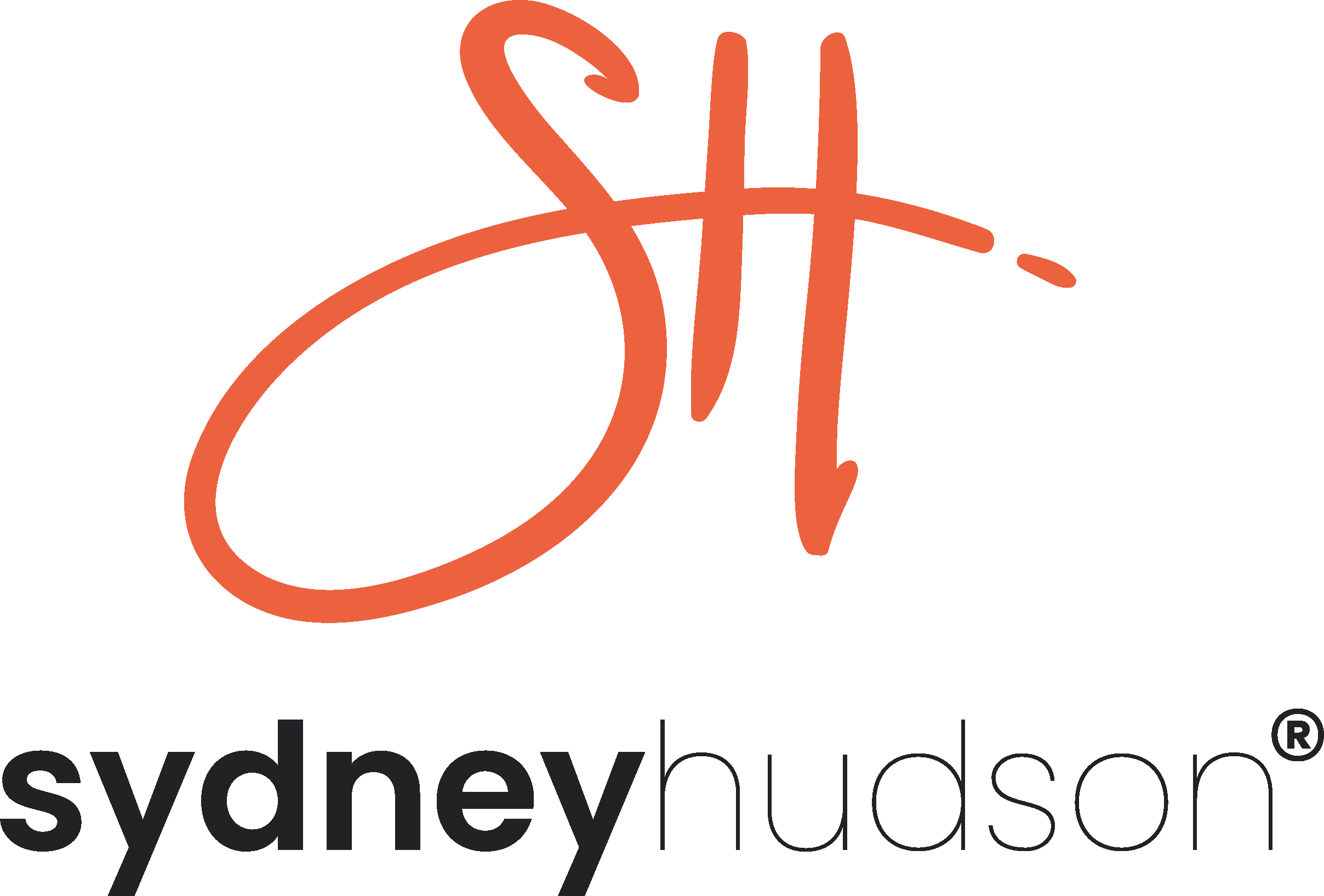I think I can firmly say that the process of self-assessment almost beat me this year.
I was much too lenient to with timings etc, HMRC extended the time to end of Feb so that didn’t help my cause. In all I believe we were able to get in £26k approximately in rebates and at least 50% increase in tax savings compared to last year. So that’s good news at the very least.
So, I wanted to share a few things to help you to help me or at least to just help you!
Here we go.
- Self-assessment period runs from 6th April to April 5th of the following year this means that we are almost at the end of the tax year for 21/22. I state this to encourage you to start working on your tax return the minute April 5th knocks at your door. (Same rule applies to tax year end for limited companies) in addition to this – you should regularly log in to your gateway to see what HMRC have adjusted. (This is a must).
- January 31st is HMRC’s deadline, yours should be end of May (after the tax year) – this means you have 8 months to plan financially how your tax bill will be paid assuming you have one or to claim your rebate earlier and make some investments.
- DIY self-assessmenters (yes not a word but meh) you really ought to get you a software – HMRC’s system is not built to help your life – only theirs. So, if you are going to ‘save on cost’ and do it yourself then find a software to help your life. Of course, you have the option of giving us a call to help you save on cost but your choice.
- Property owners unfortunately it’s getting a little ugly for us all. Finance cost now only counts as a tax reducer as opposed to a deductible and HMRC have not made this clear how to sort this – so please get an accountant to help you (give us a call).
- Making tax digital – all #SHSUPER500 are now banned from using spreadsheets now – (very few exceptions allowed) – the reason is doing taxes is becoming a quarterly deal soon – so get with the program. From April 2024 self-employed businesses with turnover above £10,000 will need to report under Making Tax Digital for Income Tax self-assessment. This means that you will need to use “functional compatible software” that will allow you to report five tax returns per year.
- Bank account – help yourself by separating this additional income – setting a separate account will help your life in the long run. Take my word for it.
- Things to have ready for your accountant day after April 5th – these are the basics; P60, student loan statement, investment statement, Pension statement, bank statement, mileage log (many miss out on this!), dividend tax voucher.
- The ‘what can I claim as an expense’ questions is a popular one – the simply answer is it depends. I do worry that so many do this incorrectly hoping to get away with it. Not worth it is my view on that.
- Lack of understanding WFH expenses, this counts as an income – this requires some accounting adjustments (relevant to directors mainly – I’ll expand on this via a different blog).
- Lastly, I’ll include some ways of reducing your tax bill for 21/22
A. Contribute to your pension (if you have the funds to lock away).
B. Contribute to your partner’s pension.
C. Use your unused pension annual allowance.
D. Gifts to charity.
E. Transfer investments to your partner.
F. Transfer your personal allowance to your partner.
G. Use your ISA allowances.
I could go on but will perhaps save the rest for a blog later on this month/year.
Please remember that accountants have a wealth of knowledge and what I certainly found this year was for those that took the leap and trusted an adviser, they came up winning!








